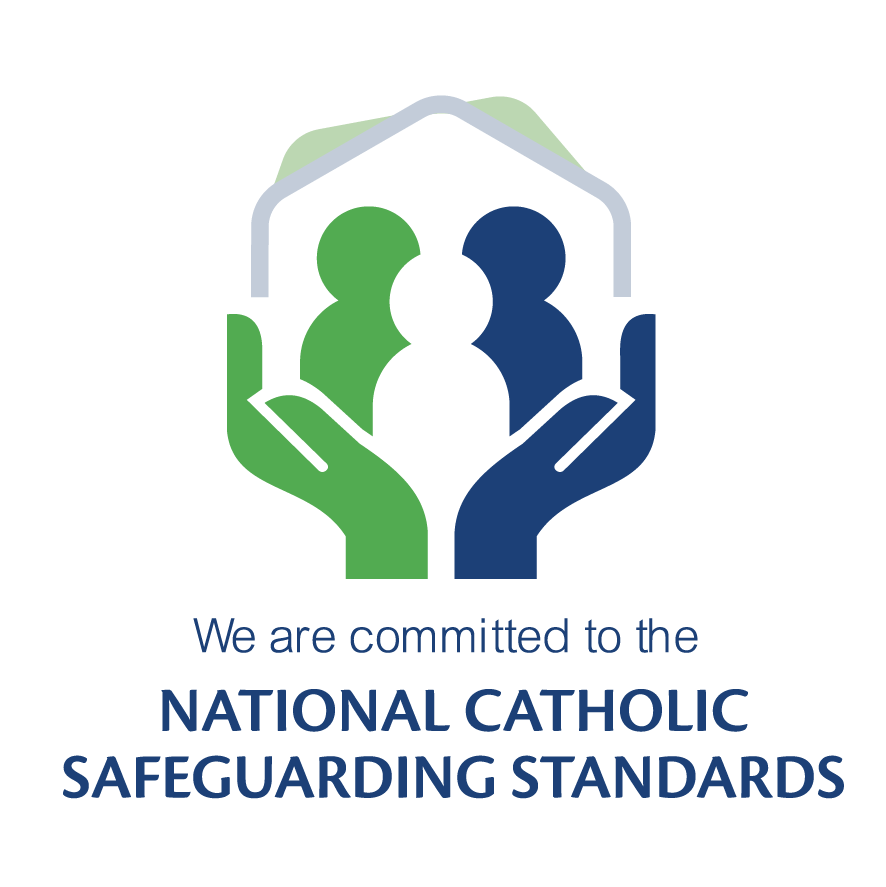We often rely on external sources for a hit of happiness: social gatherings, play dates at the park, shows, movies or family getaways. But in this current climate, with looming lockdowns, border closures and social restrictions, these options aren’t always possible. So perhaps instead of relying on these external factors for our dopamine fix, we need to look at an alternative state of mind.

Is happiness all it’s hyped up to be?
We all want our kids to be happy in life. Likewise, we want to feel happy too. What if instead of the dizzying highs of happiness, we’re ok with settling into a state of contentment? Or what if we’re searching for purpose or meaning in life over fleeting states of happiness? Re-evaluating what we want for our kids (and ourselves) can help us reframe our state of mind to truly serve us, as can reassessing our understanding of what happiness is. Does it really arise from material objects and consumerism? Or seeking validation, likes and followers from strangers on social media?
Is ‘ataraxia’ the answer?
Based on Ancient Greek philosophy, ataraxia is defined as a state of ‘serene calmness’ or ‘an untroubled and tranquil condition of the soul’ in which you are free of worry or feelings of uncertainty. Coined in a time of crises in Greece, those experiencing ataraxia were less likely to be governed by fear and situations out of their control. Instead, they use logic to rationalise the world around them and only worry about what can be controlled. Much like the commonly quoted Serenity Prayer: ‘God, grant me the serenity to accept the things I cannot change, courage to change the things I can, and wisdom to know the difference’. Furthermore, much like panic and fear, this state of calm is contagious, flowing on to those around you to positively impact your immediate community.
So instead of the highs and lows of happiness, ataraxia offers a more stable state of tranquillity, where you are less reactive and more consistent in your mood. In this uncertain time, a little inner peace could certainly help how we perceive and react to the pandemic. It might even make us okay with the uncertainty and lack of control in these times, and make us more resilient to mistakes, failure or grief that will invariably await us in the future. Perhaps then, happiness should be a state of mind where you have peace and a firm basis from which to deal with whatever life throws your way.
An inside job
So how do we find peace and tranquillity within rather than seeking external gratification? One way is a ‘perspective check’, imagining yourself and your problems as just tiny specks in a massive universe. Focusing on the beauty that surrounds us and controlling our fears and desires can also help. We can find joy in simple pleasures, like baking or cooking and encourage our kids to do the same. Kids can feel a sense of accomplishment and purpose by contributing to the family (while still getting that hit of gratification when they get to enjoy what they have made). You could pick up old hobbies or encourage your kids to try new ones. Learning to knit, sew, macrame, press flowers, mow the lawn or other age-appropriate tasks teach life skills while encouraging a sense of purpose and state of contentment.
Adopting a growth mindset
Schools across the Cairns Diocese encourage students to adopt a growth mindset over a fixed mindset and this subtle shift can be beneficial at home as well. Rather than thinking “I can’t see my friends” or “I can’t go to that event”, encourage kids to say “I can still stay connected with my friends” or “I can find other fun activities”. Another example is changing “I can’t do anything to change this situation” to “I need to look at other ways to do things right now”. A fixed mindset is limiting, while a growth mindset encourages our kids (and ourselves) to explore alternatives and problem solve solutions. Our mindset matters.
Increasing endorphins
We know endorphins are our feel-good hormones and help us in times of stress (as well as pain), so why not embrace them to help with our state of mind in these challenging times. A daily walk, run or bike ride can get the endorphins flowing while connecting us with nature. A feel-good family movie night can encourage some big belly laughs and feel-good endorphins too (without having to break a sweat or get the kids off the couch)! Endorphins are a real mood-booster and have been promoted by experts as a coping strategy during the pandemic.
An attitude of gratitude
While we’re working on our mindset, we can also adopt an attitude of gratitude for all that we can control and all that we do have in these uncertain times. We only need to look at other places around the country and the world to find people in far worse situations than ourselves to help put things into perspective. You can adopt a gratitude practice personally, encourage your kids to try it out or practise together as a family. A study on the effects of gratitude during the COVID pandemic showed people who practised felt more resilient and satisfied with life. Both reasons to try this mindset shift.
In this unprecedented time, our mindset really does matter and perhaps the key to true “happiness” is to stop pursuing it all together.




